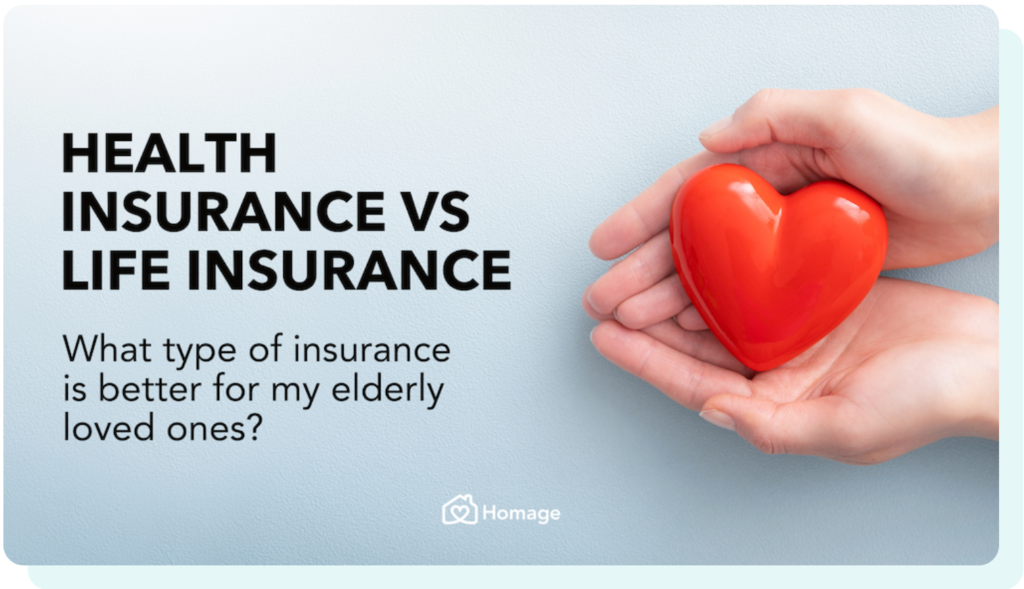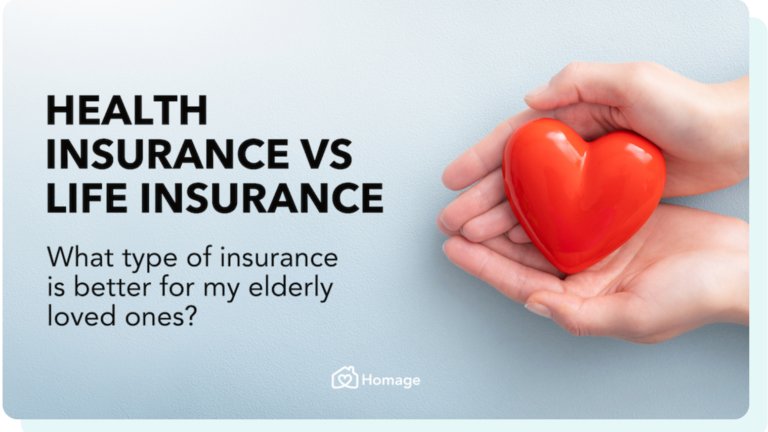
Usually, when people think of health insurance costs, it’s the monthly premium that promptly comes to mind, but there are a lot of other less visible costs that impact what you’ll need to pay over the year. Assuming you make good decisions (your insurance card), you could save some serious $$$ and still get quality consideration.
Appropriations
First, see if you qualify for a subsidy—a form of government financial aid that helps people afford healthcare insurance. Your eligibility for a subsidy depends on your modified gross adjusted income (MAGI), so if you make less than a certain amount a year, you may qualify for financial guidance. If you’re unsure what your MAGI is, you can get definite info on estimating it in our FAQ section. When you have an estimate of your yearly income, visit Healthcare.gov. Choose your state, and then you’ll be asked to provide some basic info and your MAGI. To qualify for a subsidy to help with insurance costs, your household income must be between 100% and 400% of the federal destitution level. Contingent upon your state and income, you may also qualify for Medicaid.
Take advantage of preventive care
You should take advantage of the free stuff whenever you’ve picked a plan! Preventive care includes routine wellness exams like your annual physical with a primary care doctor, a well-woman exam with an OB-GYN, or a well-child/well-baby visit for the kiddos. Above all, preventive care services are covered in full, meaning free for you. Preventive care is all about preventing issues before they happen, so you can get things like a flu shot during flu season as well as other immunizations for common illnesses. There are also additional psychological screenings and reproductive health benefits (e.g. birth control). Simply ensure you are seeing a healthcare provider in your insurance plan’s network (more on that below) and that your doctor sends your tests to an in-network lab.
If your doctor happens to find something during a routine free test, she may suggest a follow-up diagnostic exam to figure out the issue. A typical example is an OB-GYN finding a lump during a routine breast exam. The symptomatic mammogram or ultrasound you could receive to diagnose the lump may be subject to your cost-sharing policy, depending on your health insurance plan. Either way, if your doctor finds something dubious please get it checked out—early detection is essential!
Stay in-network
Your health insurance company has a network of doctors, specialists, hospitals, professionals, etc. that they work with. If you see a health care provider in this supplier, your services will be covered—you may owe a copay or coinsurance, but any money you spend will count towards your deductible and out-of-pocket max. If you go out-of-network and see a doctor that your health insurance company does not have a relationship with you may have to pay more money, and any money you spend won’t count your deductible and out-of-pocket max. If you are planning on visiting a new healthcare provider, it’s a good idea to call them first to confirm that they are in your health insurance company’s network. Quick version, stay in-network, and you will save money.
Soak up the perks
Presently for the fun part! Health insurance companies often offer extra perks to their members, like discounts on gym memberships and fitness equipment, or rewards for staying active. Advantages are extra “nice to have” things that can add a lot of value to your plan if you take advantage of them.
We have a few sweet perks of our own, like free 24/7 Virtual Urgent Care*, which permits you to speak to a doctor over the phone instead of having to trek to a doctor’s office. (This feature is especially handy at 3 a.m.) Our Team members also get a dedicated Care Team that can help find local doctors who are in-network, as well as solve any issues with claims or billing. There’s also a simple to-utilize app with Step Tracking rewards that pay you for walking.
Talk to a broker
When in doubt, ask an expert. If you still have questions or concerns, you can always talk to a broker, who is a health insurance expert. Brokers get paid by health insurance companies, so if you do end up enlisting through a broker, you don’t need to pay them anything out of your pocket.
Want to know more handy health insurance hacks?
Look at our post, How we make health insurance easier to find out other great ways you can save on your health care costs.
*Our Virtual Urgent Care offerings are not available in US territories or internationally. If you have an HSA-compatible high-deductible health plan or a Protected plan, you will not be qualified for $0 visits. Prescriptions, visits, and services may be limited per provider discretion.

